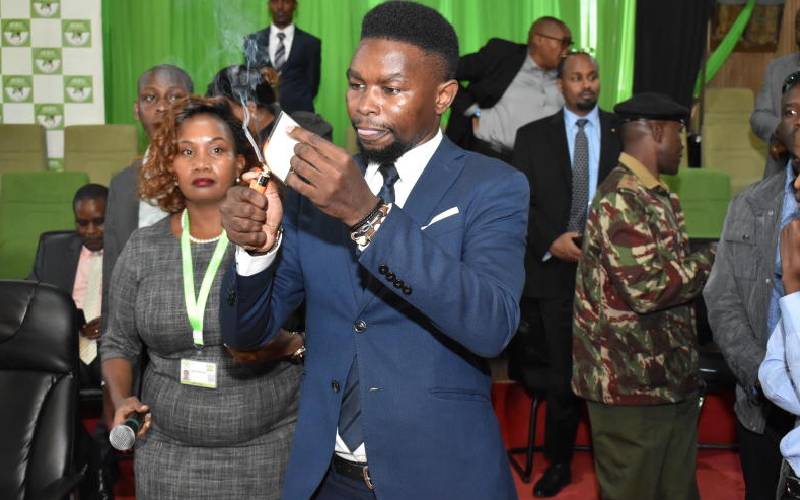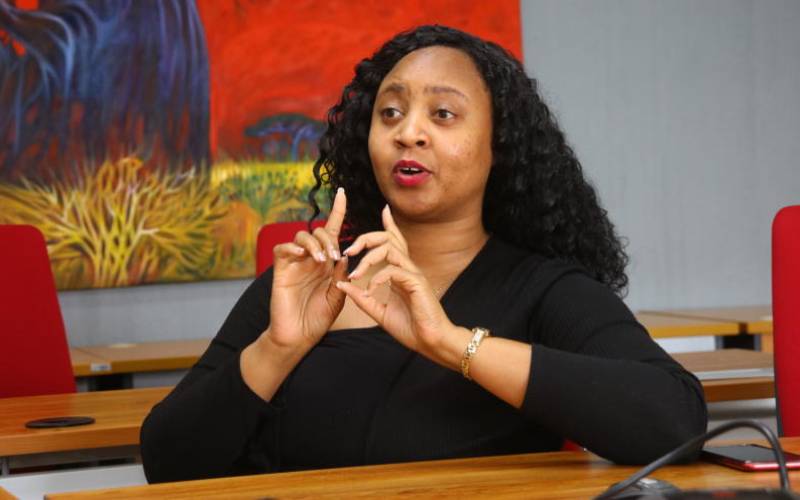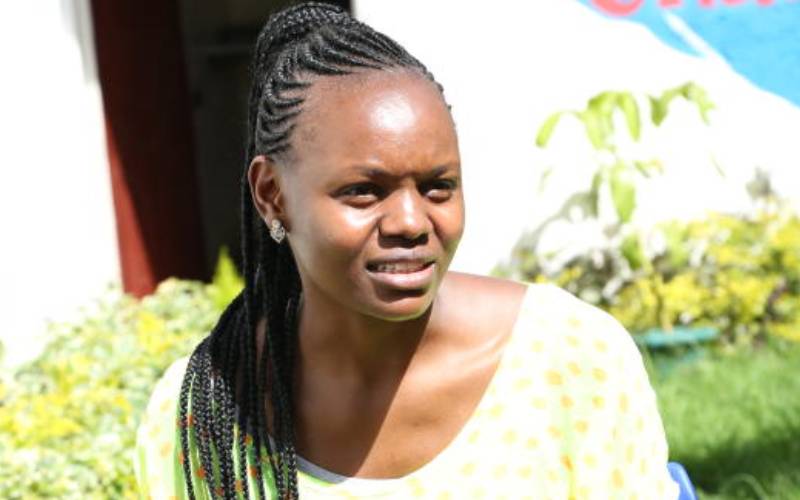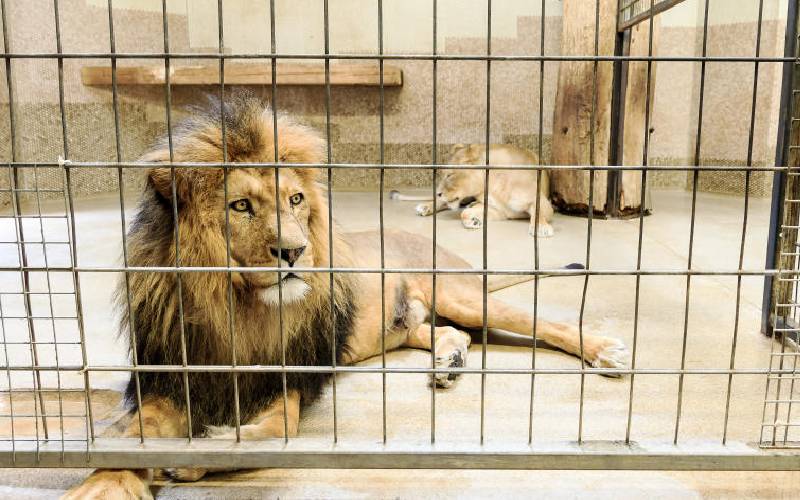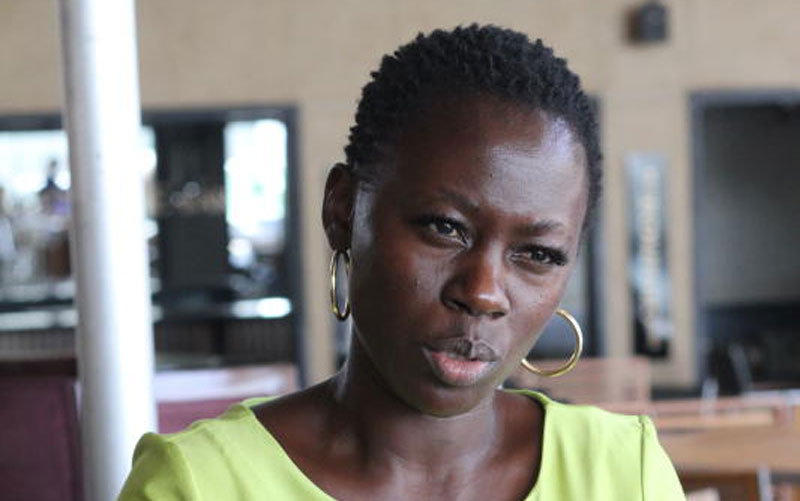
Lack of welfare studies on captive breeding exposes lions to undocumented cruelty, a recent study has revealed.
Captive breeding is the process of breeding animals outside of their natural environment in restricted conditions in farms, zoos, or other closed facilities. The choice of individual animals that are to be part of a captive breeding population, and the mating partners within that population, are controlled by humans.
The joint study published this month by World Animal Protection and Blood Lions noted that there is a major scientific gap in animal welfare studies focusing on captive lions housed in commercial farms in South Africa.
The study indicated that with a substantial captive lion industry of more than 350 commercial facilities holding between 8,000-10,000 lions and the complete absence of scientific welfare studies in that industry, “we are in the dark in terms of the extent and nature of the welfare issues we are dealing with.”
“The many atrocities found by the National Council of Societies for the Prevention of Cruelty to Animals (NSPCA) on commercial lion farms during welfare inspections,” said Louise de Waal, the director of Blood Lions, “show that we are not dealing with theoretical challenges, but rather a very real and highly problematic situation.”
The aim of the study was to identify the welfare challenges the commercial captive predator industry in South Africa faces on a day-to-day basis.
Some welfare challenges identified included a wide range of diseases, injuries, malnutrition and obesity, lack of (clean) water, and abnormal behaviours such as excessive pacing and self-mutilation.
The study proved that the conditions were all associated with the keeping of captive lions in facilities such as zoos, wildlife parks, and sanctuaries across the globe.
However, one study explicitly focused on the welfare of lions exploited by commercial facilities in South Africa.
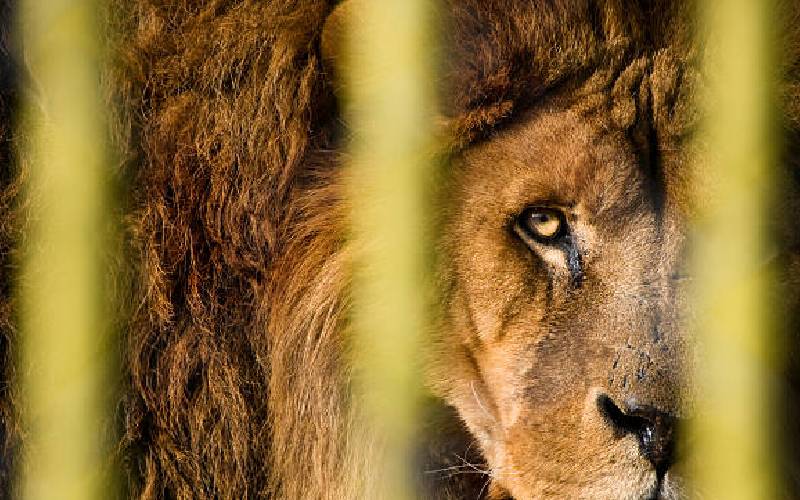
The study stated that under such commercial conditions, lions are most likely to face the biggest atrocities, compared to any other captive environment, as the emphasis is on intensive breeding practices that are consumer-driven and income-generation. They don’t adequately address animal welfare and well-being.
“The lack of welfare studies from commercial lion farms is a major research gap that needs to be addressed urgently”, de Waal said.
The lack of income for captive wildlife facilities during the Covid-19 pandemic coupled with the absence of national welfare norms and standards for the captive breeding, keeping, and trade of lions and other big cats in South Africa, has put the existing big cats in captivity at even more risk of serious welfare issues.
Subsequent to the publication of a High-Level Panel report recommending the closure of South Africa’s commercial captive lion industry, Barbara Creecy of the Department of Forestry, Fisheries and the Environment (DFFE) announced on May 2, 2021 that South Africa would no longer breed and keep captive lions or use captive lions or their derivatives commercially.
A Draft Policy Position on the conservation and ecologically sustainable use of elephants, lions, leopards and rhinoceros were gazetted for public comment in June 2021.
A full year on from this announcement and the status of the commercial lion industry remains the same, however, the uncertainty of its future is most likely exacerbating the welfare concerns for the captive lions involved.
Although the Minister did once again decide to set a zero CITES export quota for trade in lion parts and derivatives including lion bones, as has been the case for the past three years, the breeding, canned hunting, and live trade of captive-bred lions is still legal as are all interactive tourism encounters with cubs and sub-adult big cats.
“We urge Barbara Creecy to keep the pressure on the progress of the upcoming legislative changes, as in the meantime the welfare of thousands of lions and other big cats hangs in the balance,” said Edith Kabesiime, Wildlife Campaigns Manager at World Animal Protection.
She appealed the ministry to urgently carry out a comprehensive national audit of the current commercial captive lion industry, including the welfare conditions of the big cats “to minimize unintended negative welfare impacts during the planned phase out of the industry in South Africa.”
Lobby groups had in past pushed for stoppage of the captive breeding of lions to meet the rising demand for alternative medicine and ornamental industries should be halted in order to save the majestic carnivore that roams African jungles.
The World Animal Protection and Blood Lions said that cruelty meted out on lions in captivity was a reason to halt the practice and allow them to roam freely in their natural habitats.
Kabesiime said in a past statement to the media that legislation should be enacted to ban caging of lions on commercial farms amid threat to their physical and emotional health.
According to Kabesiime, the survival and welfare of lions and other iconic carnivores in Africa was in jeopardy amid caged rearing, trophy hunting and habitat loss.
She urged African governments to support community-driven conservation of lions as opposed to captive breeding that was fueling the spread of pathogens.
 The Standard Group Plc is a multi-media organization with investments in media
platforms spanning newspaper print
operations, television, radio broadcasting, digital and online services. The
Standard Group is recognized as a
leading multi-media house in Kenya with a key influence in matters of national
and international interest.
The Standard Group Plc is a multi-media organization with investments in media
platforms spanning newspaper print
operations, television, radio broadcasting, digital and online services. The
Standard Group is recognized as a
leading multi-media house in Kenya with a key influence in matters of national
and international interest.

